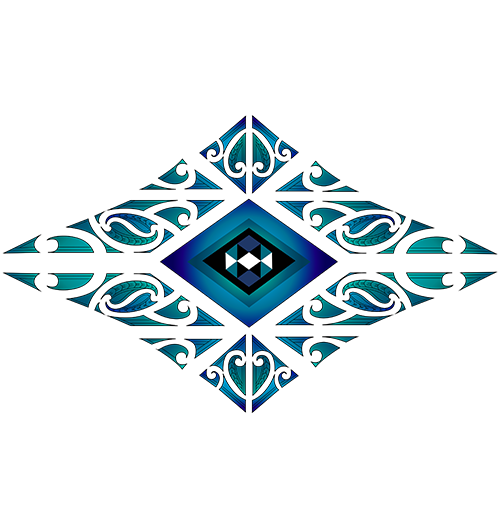
Kia ora, nau mai haere mai
Welcome to the Assessment Support Materials for Tikanga.
Tikanga unit standards focus on learners understanding the importance of tikanga values, processes and practices that are used by Māori. Tikanga concepts provide guidance for appropriate behaviour and conduct in Māori society. Tikanga is categorised in three kaupapa: concepts, issues, and practices.
The resources on this page are designed to help teachers and tutors assess ākonga against the relevant Tikanga unit standards listed in the Directory of Assessment and Skill Standards (DASS).
Assessors can use the assessment support material for the Tikanga unit standards to develop tasks and assessment schedules.
Acknowledgement
We would like to acknowledge the efforts of all those who contributed to the development of this practical resource.
Ākonga booklet
The Mahinga Kai assessment booklet for ākonga includes:
- Assessment criteria for Paetae (Achievement), Kaiaka (Achievement with Merit), and Kairangi (Achievement with Excellence)
- Information on required tasks
- An assessment task sheet for ākonga
- A checklist for assessors.
On this page
Assessment support material booklets
The assessment support resources for Tikanga have been developed to support kaiako and tutors and the ākonga in achieving the outcomes of the unit standards listed below and are guidelines only.
If you would like to provide feedback on these resources or suggest changes to the content, please contact Māori Qualifications Services at mqs@nzqa.govt.nz.
Ākonga booklet
Tikanga ākonga booklet [PDF, 4.1 MB]
Assessor booklet
Unit standard documents
To view the unit standard document listed in the assessment support material booklets, please click on the standard link.
Level 1
16160 - Describe the characteristics and actions of a selected atua (external link)
16165 - Describe a hui and the roles associated with hui (external link)
27106 - Describe whakapapa using terms associated within a family structure (external link)
27108 - Describe the protocols and roles associated with pōwhiri (external link)
Level 2
16043 - Examine different accounts of Māori migration prior to Pākehā contact (external link)
16044 - Describe historical events of a hapū or iwi (external link)
16054 - Describe the life achievements and impact of a Māori leader (external link)
Level 3
16136 - Explain kawa and tikanga in relation to hui mārena (external link)
16041 - Explain the place of pūrākau or pakiwaitara in Māori history (external link)
29555 - Explain kawa and tikanga in relation to hui rā whānau (external link)
Te Iti a Taranga
We have considered the impacts of the Covid-19 virus on teaching, learning and assessment of unit standards for Tikanga, and in response the Māori Qualifications Services (MQS) have developed five new unit standards (5 credits each at Level 3).
These new standards recognise the inherent skills and knowledge that ākonga may already have or have developed over time.

